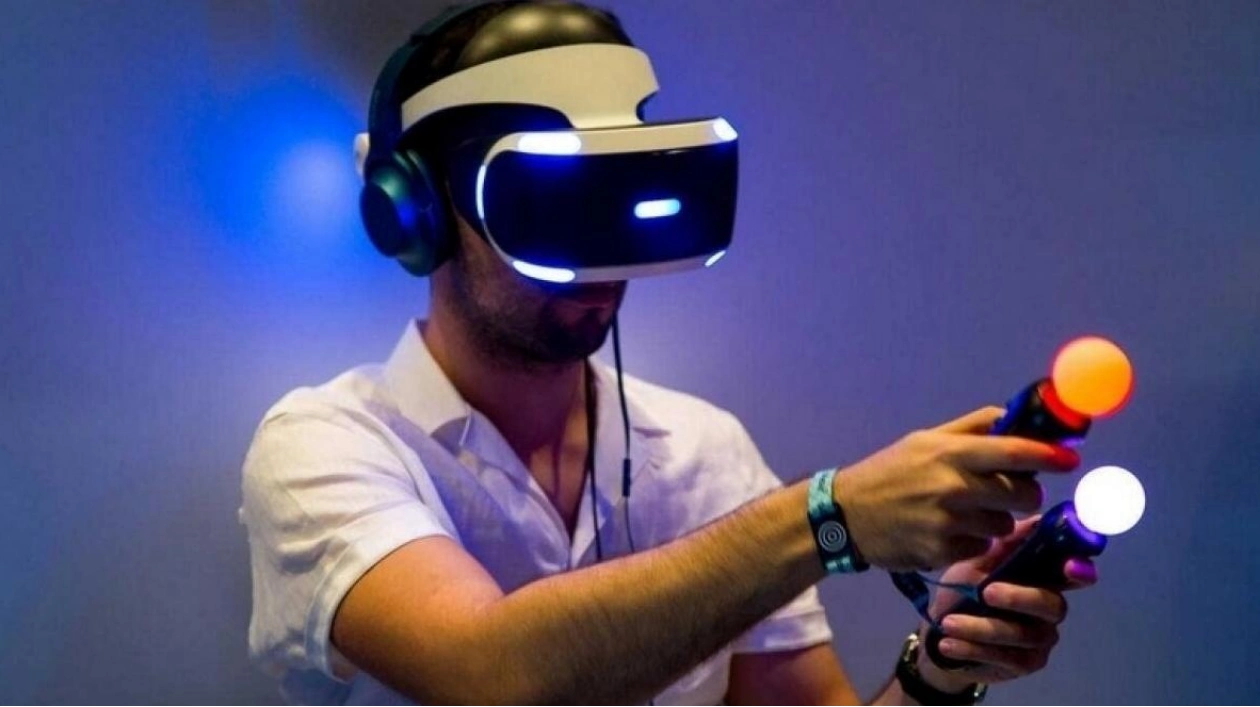I recently participated in a panel discussion at the Sync Digital Wellbeing Summit in Dhahran, Saudi Arabia, where the multifaceted effects of technology on our health were explored. The session I was part of concentrated on gaming, and I had the privilege of sharing the stage with Abdulaziz Alshehri, the first Saudi Arabian, and indeed the first Asian, to claim the top prize in eFootball—the Fifa eWorld Cup. Alshehri discussed the commitment required to excel in e-sports, while also stressing the importance of maintaining balance, regular breaks, and focusing on education and health. His insights likely resonated with any concerned parents in the audience. After the discussion, Alshehri's popularity was evident as fans eagerly approached the stage for photos and possibly some gaming tips.
Rather than dwelling solely on potential risks, our discussion highlighted the positive aspects of gaming and e-sports, including their psychological benefits. Video games are merely the newest form of human play, as anthropologists note, which involves structured rules, competition, and personal enjoyment. Gaming is a universal activity, present in all cultures, and possibly as ancient as humanity itself. One clear advantage of gaming is its role in fostering friendships. In today's world, many young people connect and maintain friendships online, with research indicating that over half of US teens have made friends online, often through gaming. Moreover, most US teens spend more time socializing online than in person.
For many, gaming serves as a platform for making friends and strengthening social bonds. Research supports the significant benefits of strong friendships, which provide crucial social support, helping to mitigate stress and loneliness—factors that positively impact health and well-being. At a deeper level, gaming can contribute to our social identity, offering a sense of belonging and a shared identity. Asserting oneself as a 'gamer' is to claim a valued social identity, as emphasized by Professor Alexander Haslam, whose work highlights the centrality of social identities to health and well-being. Human beings have a fundamental need for social connection and belonging, a concept supported by numerous studies. The stronger the sense of belonging, the better the health outcomes, which is why the 'Social Cure' concept—that enhancing social identity can prevent illness and aid recovery—has gained traction.
More recently, psychologists have been investigating the use of gaming in conjunction with traditional psychotherapy, leveraging the engagement and immersion that video games offer. These methods can help individuals develop adaptive skills and coping strategies in a controlled environment. Preliminary trials have shown promise in treating conditions like depression, anxiety, and PTSD. While celebrating the benefits of gaming, it is important to acknowledge its potential negative aspects. The discussion of gaming risks dates back to the 1990s, and in 2019, the World Health Organisation recognized gaming disorder as a diagnosable condition. A small percentage of gamers may develop problematic behaviors, including preoccupation with gaming and potential deception or neglect of other responsibilities.
Given the global gaming community, which numbers over 3.2 billion people, it is crucial to address these issues. The future of gaming and e-sports appears bright, with advancements in technology like extended reality and haptic devices enhancing the gaming experience. The upcoming 2024 Esports World Cup in Riyadh, with a prize pool of $62.5 million, underscores the growing significance of e-sports. Beyond the financial rewards for top players, the psychological benefits for regular gamers are substantial.






